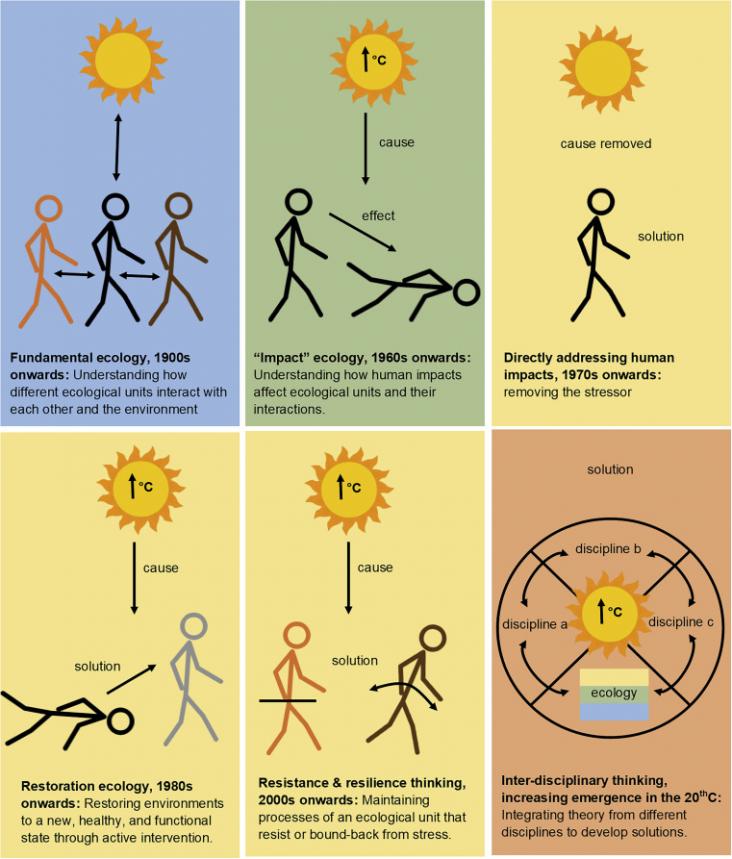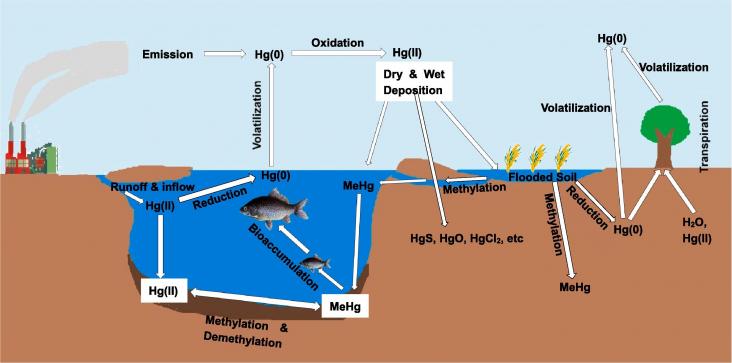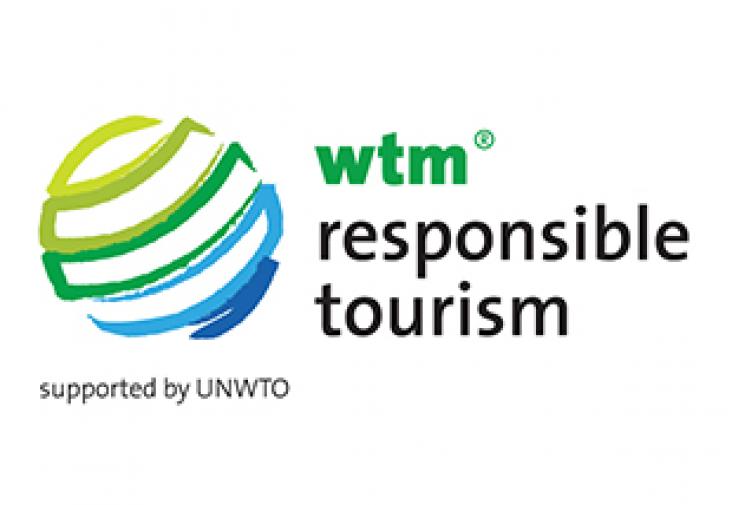Does humanity's future lie in the ocean? As demand for resources continues to grow and land-based sources decline, expectations for the ocean as an engine of human development are increasing.
Evidence-Based Guidelines for Prioritizing Investments to Meet International Conservation Objectives
Biodiversity is in rapid decline, largely driven by habitat loss and degradation. Protected area establishment and management are widely used to maintain habitats and species in perpetuity.
The unprecedented global heatwave of 2014–2017 was a defining event for many ecosystems.
Is ecology, as a science, doing enough to address big environmental problems? Here, a review of the top 40 ecology journals suggests not.

Is ecology, as a science, doing enough to address big environmental problems? Here, a review of the top 40 ecology journals suggests not.

Mercury contamination in soil, water and air is associated with potential toxicity to humans and ecosystems.
Approximately 70% of the aquatic-based production of animals is fed aquaculture, whereby animals are provided with high-protein aquafeeds.
Over US$60 trillion is predicted to be spent on new infrastructure globally by 2040.
Over US$60 trillion is predicted to be spent on new infrastructure globally by 2040.

For many years, WTM London has organised World Responsible Tourism Day, with the support of the United Nations World Tourism Organization. This is the world’s largest industry event focused on efforts to make the industry more responsible and sustainable. Each year leading figures from the industry, along with representatives of civil society and key organisations, gather to discuss the key issues facing the sustainable development of tourism. Many of these issues are directly reflected in the 17 Sustainable Development Goals, which was the focus of a key panel discussion at the 2016 event.
